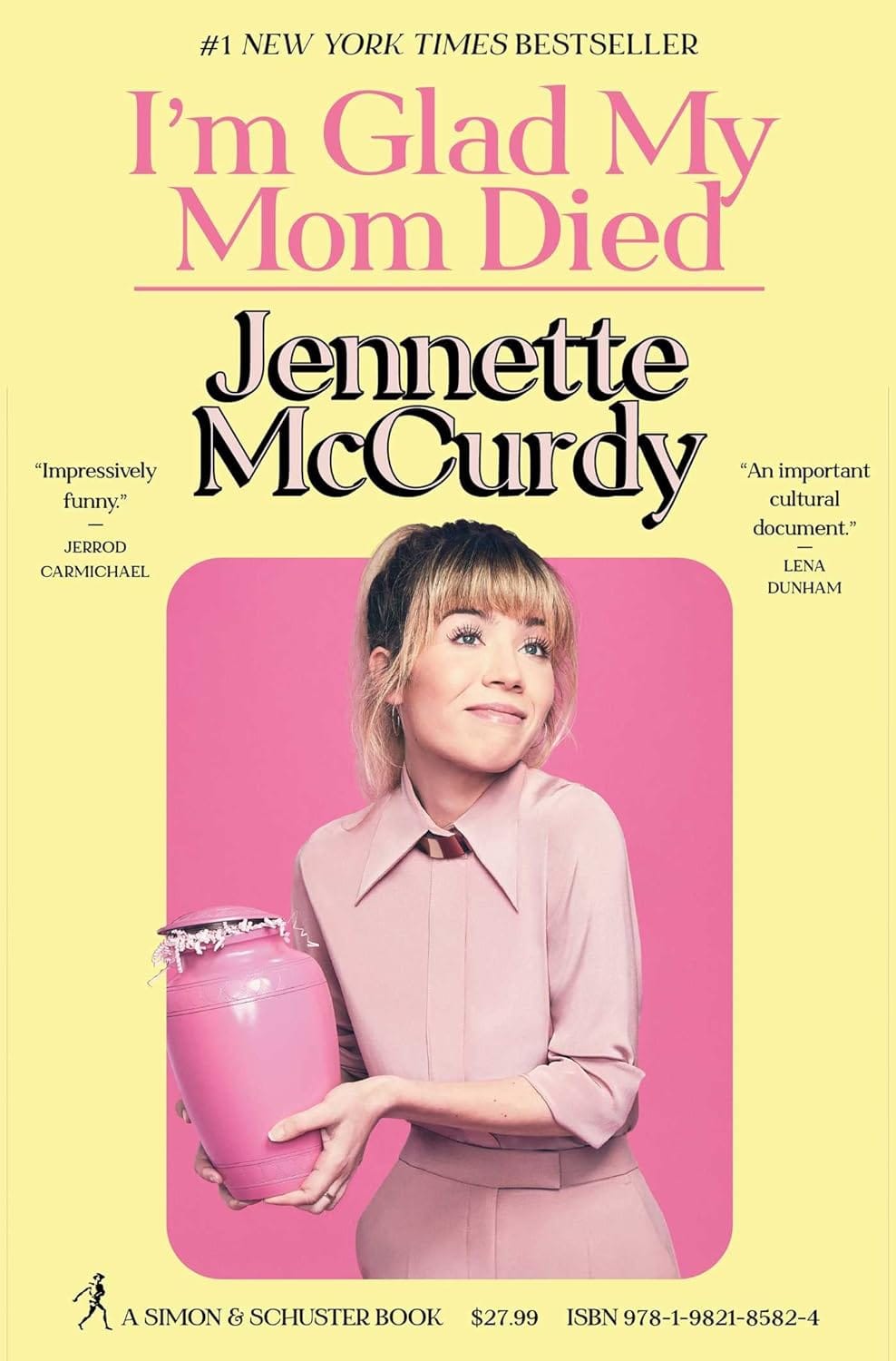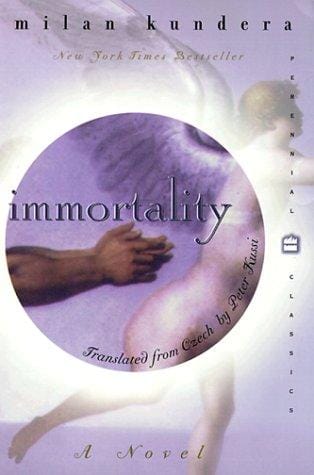I'm Glad My Mom Died – An Honest Look at Healing After Toxic Parenting
An 800-word review of Jennette McCurdy’s memoir "I’m Glad My Mom Died," covering plot, themes, cultural impact, and why the provocative title is essential.

Introduction to "I'm Glad My Mom Died"
Since its release in August 2022, Jennette McCurdy’s memoir, I’m Glad My Mom Died, has dominated bestseller lists and triggered intense conversations about child stardom, complicated grief, and reclaiming personal agency. The provocative title may feel shocking at first glance, yet it perfectly encapsulates the hard-won relief McCurdy experienced after surviving years of manipulation and emotional abuse from her mother. In roughly 320 pages, the former Nickelodeon actor dismantles the glossy narrative of Hollywood success and replaces it with an unflinching exploration of trauma and recovery that resonates far beyond celebrity culture.
Who Is Jennette McCurdy?
Jennette McCurdy rose to international fame playing Sam Puckett on the hit sitcom iCarly and its spin-off, Sam & Cat. Behind the scenes, however, she was grappling with an overbearing stage mom who micromanaged every calorie, audition, and relationship. McCurdy’s mother, Debra, projected her own unfulfilled acting dreams onto her daughter from the moment Jennette expressed mild interest in performing. Instead of a carefree childhood, the young actor endured relentless pressure to stay small, stay sweet, and stay obedient—rules that would later fuel a life-threatening eating disorder and crippling anxiety. By contextualizing McCurdy’s former child-star image, the memoir helps readers grasp the courage it took to tell this story.
Plot & Structure of the Memoir
The book is divided into two distinct halves: before and after Debra’s death from cancer in 2013. The first half immerses readers in a chaotic household ruled by fear, secrecy, and ever-shifting expectations. We witness Jennette’s early auditions, uncomfortable fan encounters, and humiliating “weigh-ins” administered by her mother. The second half chronicles the unsettling calm that follows Debra’s passing—an era defined by alcoholism, disillusionment with Hollywood, and slow steps toward therapy. McCurdy employs concise chapters, frank humor, and diary-style introspection, keeping the narrative fast-paced yet emotionally potent.
Key Turning Points
Several moments act as emotional anchors: the day McCurdy reaches a career milestone only to be yelled at for looking “puffy” on camera; the night her mother shatters plates after learning Jennette wants to quit acting; and the pivotal therapy session where McCurdy finally voices the phrase, “I’m glad my mom died,” acknowledging both freedom and guilt in one breath. These scenes make the memoir feel cinematic while illustrating how trauma can infiltrate every layer of daily life.
Major Themes Explored
While the memoir reads like a personal confession, its thematic reach is universal. At its core, the book confronts the paradox of loving someone who harms you, highlighting the blurry borders between devotion and control. McCurdy also challenges the glamorization of child fame, pointing out how television networks, media outlets, and fan communities often ignore the well-being of minors in pursuit of profit. In doing so, she gives voice to countless performers who have lacked the platform or privilege to speak candidly.
Performance & Parental Control
McCurdy’s mother equated her daughter’s value with her marketability. Meals were rationed, friendships scrutinized, and privacy invaded—all under the guise of “helping her career.” The memoir demonstrates how continual performance off-screen can erode authentic self-identity, a lesson relevant to anyone navigating overbearing family dynamics or high-pressure workplaces.
Body Image & Health
Anorexia, bulimia, and obsessive exercise routines are chronicled in visceral detail. McCurdy explains how her disorder began as a mother-approved strategy to stay “camera ready” and later mutated into a coping mechanism for grief and professional stress. By naming calories, scales, and hospital bracelets without romanticizing them, she dismantles stereotypes about eating disorders, especially in young women of color and former entertainers.
Cultural Impact and Reception
Upon publication, I’m Glad My Mom Died sold out nationwide, inspiring viral TikTok discussions, book-club debates, and renewed scrutiny of child labor laws in entertainment. Critics praised McCurdy’s dark humor and journalistic clarity, comparing her candidness to that of Tara Westover and Mary Karr. Some detractors argued that the title is needlessly sensational. Yet McCurdy’s bold phrasing invites crucial dialogue about how society polices female anger while minimizing maternal abuse. The memoir’s success signals a growing appetite for stories that question traditional family narratives.
Why the Title Matters
Far from clickbait, the title functions as an act of linguistic reclamation. McCurdy never wished her mother harm; rather, she yearned for an end to the cycle of abuse. Declaring that she is glad her mom died acknowledges a nuanced reality: freedom sometimes arrives in painful packages. The discomfort readers feel mirrors the discomfort survivors experience when naming their truth. The phrase amplifies the memoir’s primary message—healing requires radical honesty, no matter how disquieting.
Final Thoughts
I’m Glad My Mom Died is more than a Hollywood tell-all; it is a roadmap for disentangling oneself from toxic loyalty. By pairing sharp wit with brutal transparency, Jennette McCurdy delivers a narrative that empowers survivors to own their stories without shame. Whether you are a longtime fan, a mental-health advocate, or simply a reader drawn to fearless storytelling, this memoir offers a cathartic exploration of grief, identity, and rebirth. It reminds us that sometimes the most loving thing we can do—for ourselves and even for the people who hurt us—is to break a harmful cycle and start anew.



